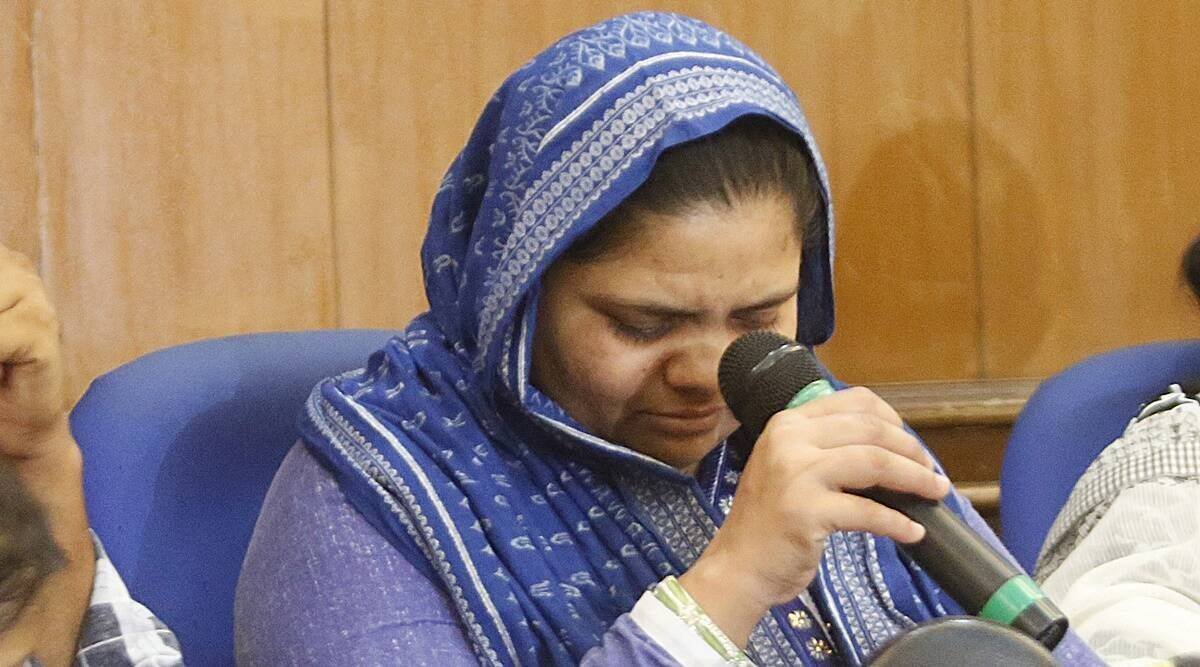The Supreme Court has by a 4-1 majority ruled that the demonetisation decision by the Modi government was technically valid, but apart from the concerns raised in the dissenting voice recorded by Justice Nagarathna, the verdict has failed to acknowledge the huge human cost of the draconian decision. After declaring during the hearing of the case that the court would not be a ‘silent spectator and sit quietly with folded hands only because it was an economic policy decision’, it has refused to consider whether the heavy cost the nation had to pay in terms of both human sufferings as well as economic losses were worth the results. The apex court has disappointed by stating it was not relevant whether the objectives were achieved. This is mainly so as the court has found a reasonable nexus with the goals of eradicating black money, terror funding, etc. If it does not matter whether the objectives were achieved or not, what is the big deal in proclaiming that the objectives were all fine?
The economy is estimated to have lost 1.5 percent of GDP in terms of growth, which has been computed as a loss of Rs 2.25 lakh crore a year. Some 15 crore daily wage earners lost their livelihood as thousands of SMEs were shut down. Over a hundred people died while waiting in queues to exchange their hard-earned money, while thousands had to pay with their lives in the aftermath of the crisis brought about by a shortage of cash caused by the ‘orphaned’ decision. And in terms of fighting black money, demonetisation drew a complete blank. The window provided by demonetisation offered an opportunity to regularise tonnes of black money. There was no success in reigning in counterfeiting as well. Compared with pre-demonetization days, there was an increase of 35 percent in counterfeit notes detected in the denomination of Rs 100, while there was a noticeable increase of 154.3 percent in counterfeit notes detected in the denomination of Rs 50 in one year alone. The big question that remains unanswered is who takes the responsibility for the huge human as well as economic cost?
The bench has taken cover under ‘restraint’ on the part of the court in dealing with administrative actions. “There has to be great restraint in matters of economic policy. The court cannot supplant the wisdom of the executive with its wisdom,” the bench pointed out while stating that the decision-making process cannot be faulted merely because the proposal emanated from the central government. This is a potentially dangerous position to take and runs counter to the stand taken by the court in the past ineffective interventions in forcing the government to act in dealing with the human tragedy in the long march back home by migrant labourers and the Covid vaccination programme. These interventions were based on the court’s conviction that its wisdom must prevail when the government shows a lack of it. While the judgement refers to parliament and the supremacy of people in terms of the rights of the executive to issue administrative decisions, the court’s stand of a strict no-go into the domain of economic policies is not in conformity with the Supreme Court’s recent assertion of its authority for judicial review of executive decisions, although the context was different.





